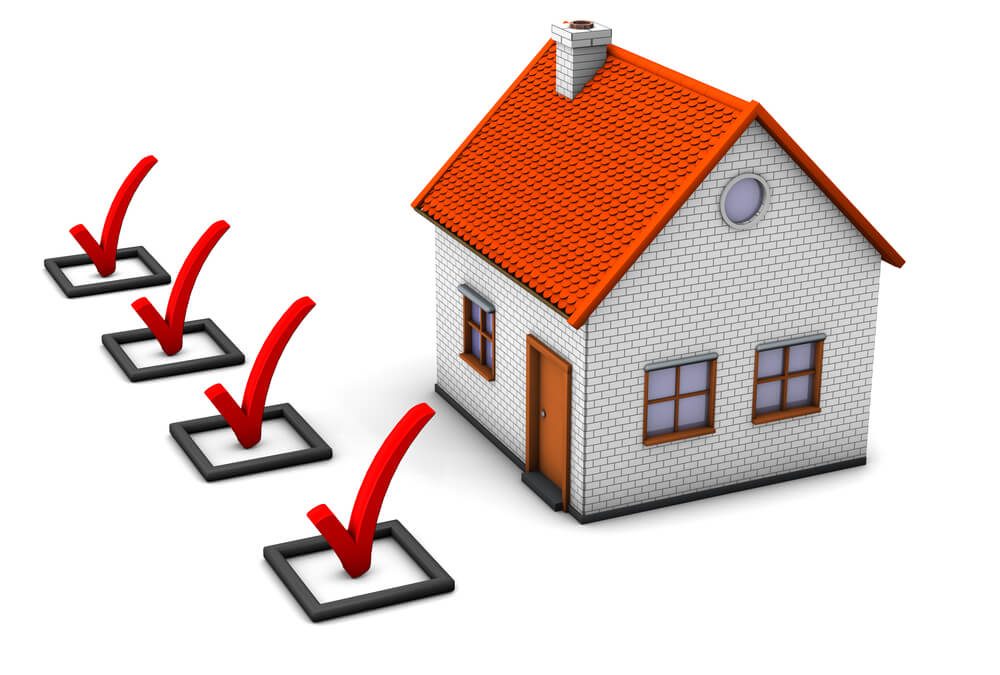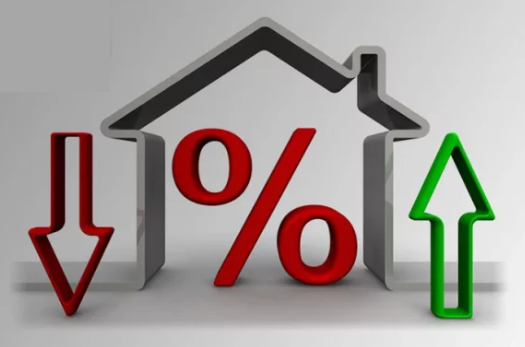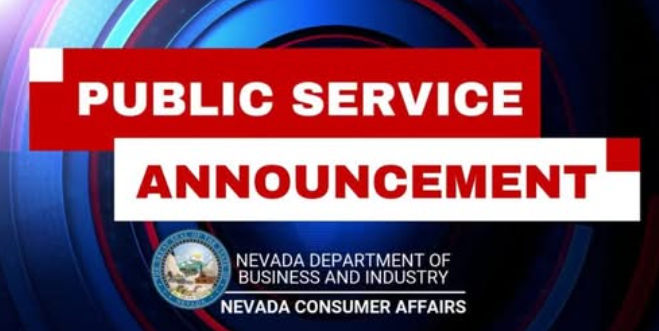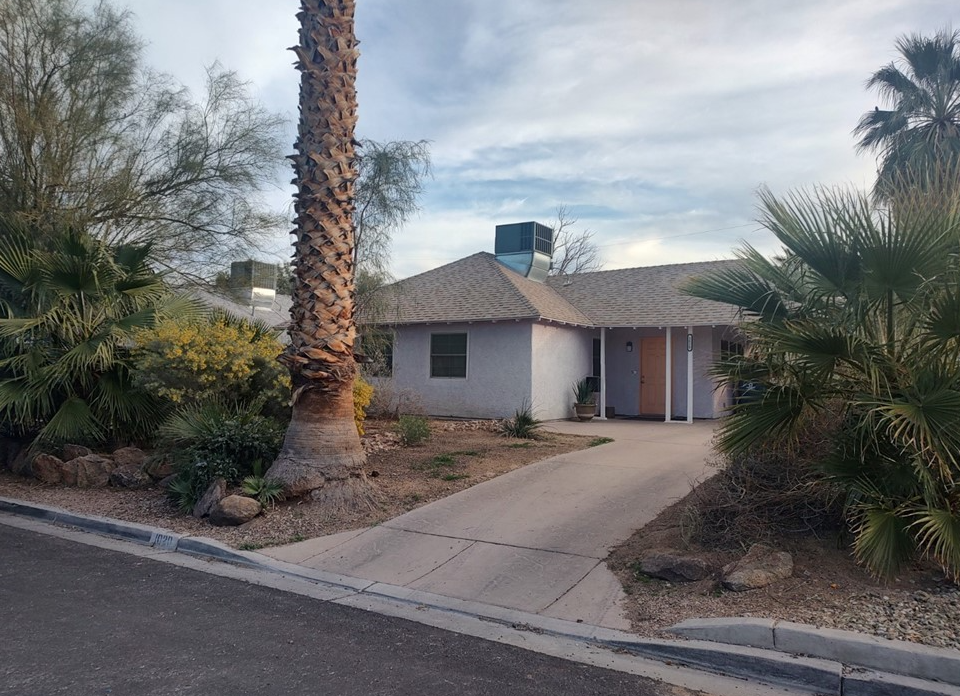Setting Realistic Expectations for the Home Inspection


 You would be amazed at how many consumers believe that, with a home inspection, everything and anything that could be wrong with the home will be identified. If you are a home buyer operating under this assumption you are going to be disappointed.
You would be amazed at how many consumers believe that, with a home inspection, everything and anything that could be wrong with the home will be identified. If you are a home buyer operating under this assumption you are going to be disappointed.
I like to blame the unrealistic expectations that many consumers hold on this guy. On his “reality” TV show he rips open a wall and finds improper wiring and then launches into a tirade where he generally bad-mouths the home inspector for not finding it. Can you imagine a home inspector walking into a home and making holes in the walls to determine whether or not there are issues hidden from view? I am pretty sure the seller would come unglued. Many consumers do not realize that the TV guy works for the homeowner and he has their permission to perform an intrusive investigation.
The fact is real estate home inspections are visual, non-destructive/non-intrusive home inspections. Buyers need to understand this. Home inspectors are prohibited, BY LAW, from even damaging a surface (NAC 645D.470). So yes, there could be issues within the walls and ceilings that are not visible to the inspector and may not be discovered. These are called “latent” issues. Some latent issues can be discovered with specialized tools such as infrared thermal imaging, moisture meters, and borescopes.
Additionally, there are many components and systems in the home that are specifically excluded from the inspection. This generally includes alarm systems; surveillance systems; installed speakers and other audio/visual systems and components; intercom systems; irrigation components located below grade; window treatments; central vacuum systems; solar electrical systems; automated lighting systems; determining the presence or absence of any suspected adverse environmental condition or hazardous substance, including, but not limited to, toxins, molds and other fungi, carcinogens, electrical flux waves from high voltage wiring in close proximity to the property, radon, noise or contaminants.
In Nevada, Home inspectors are prohibited (by law) from calculating the strength, adequacy, or efficiency of any system or component. Home inspectors are prohibited from citing building codes or making comments about Code compliance unless they are also licensed, contractors. Home inspectors do not verify whether any applicable permits have been obtained. Home inspectors in the State of Nevada are licensed Inspectors of Structures; not Engineers. An inspector cannot tell you whether or not a particular wall can be knocked out or whether or not the installed air conditioner is adequately sized. A home inspector cannot tell you whether or not you got “a good deal”; they are not appraisers and do not know the value of the home. By law, a Home inspector cannot express the estimated market value of an inspected property while conducting an inspection.
Protect Yourself By Following the Inspectors Recommendations
A proper home inspection report will not only tell you what’s wrong but will also provide you with guidance and direction for addressing the issue. Buyers need to keep in mind that home inspections are often an initial process intended to identify issues that may warrant further review and actions by professionals in specific disciplines. If the air conditioner does not respond to normal operating controls, it’s not the inspector’s job to determine what’s wrong with the system. The inspector’s job is to make sure you understand that it is not responding to normal operating controls.
The problem with the air conditioner could be a catastrophic failure or it could be an inexpensive 25-cent fuse that has failed. As a consumer, it is important to understand the inspector is not an HVAC technician. He cannot and often will not even attempt to determine the cause of the inoperable system. This action needs to be accomplished by someone who is specifically trained to evaluate and repair HVAC systems.
It is also important to understand that most home inspectors will not recommend an issue be reviewed by a licensed and qualified contractor unless they deem it necessary. Sometimes it may seem unnecessary and the repair could be accomplished by a layman or a homeowner. But there is a reason the inspector recommends that the repair action be performed by a licensed contractor.
For example, a leaking faucet… Does a homeowner need a permit to replace a faucet? No. Many homeowners are completely capable of replacing a leaking faucet. But if the faucet begins leaking again a month after the new home buyer takes possession, they have no recourse if the repair was performed by the homeowner of Uncle Ernie. If the repair was accomplished by a licensed contractor, the homeowner has legal recourse for getting the repair accomplished properly. And the fact of the matter is that most repairs accomplished by licensed contractors are generally quality repairs that will not fail.
Read the Home Inspection Agreement to Ensure You Understand the Scope of the Inspection Service
Unfortunately, most consumers shop for a home inspection based on the initial price. Consumers need to understand that there can be HUGE differences in what is reviewed and what is not reviewed between inspection companies.
In order for a consumer to know what is going to be reviewed and what is not going to be reviewed the prospective home buyer needs to review the Inspection Agreement.
In order for a consumer to know what is going to be reviewed and what is not going to be reviewed the prospective home buyer needs to review the Inspection Agreement. Some inspection companies have an expanded scope of the inspection and review much more than the minimum standards that are required by law. Many inspection companies only do the minimum inspection allowed by law. The minimum standards are delineated by Nevada law and only require the inspector to review “a representative number” of electrical receptacles and switches, windows, doors, and cabinets. The law basically delineates the worst inspection that can be provided and still be legal. Do you want to see what the minimum requirement are? They are contained in NAC 645D in paragraphs 460 through 580.
Also, consumers need to verify what services are included in the initial price and what services will cost additional money. Some inspectors charge additional money for the age of the home; for using infrared thermal imaging equipment, for establishing water in a de-winterized home, lighting pilots in furnaces, water heaters, and fireplaces. The consumer should also verify what the charge is for a re-inspection. This fee can vary from $65.00 to as much as $150.00.
Trust Your Agent and Their Home Inspector Recommendation
This is not our first rodeo. The most successful agents have a lot of experience with many of the home inspection firms in town, if not on the buying side, then on the listing side of a transaction. You need to trust in your agent’s judgment. You have trusted them enough to orchestrate what is for most people the largest purchase of their lives. You need to trust them on their recommendation for an inspector too. If your agent provides you with a list of three inspection companies, they do so because in this litigious world that’s what they need to do to protect their liability.
Houses that are priced, presented & marketed correctly are selling fast.
Let my 32+ years of Real Estate experience in Las Vegas work for you. 702-378-7055
Source: Inspect LV (with written permission)



